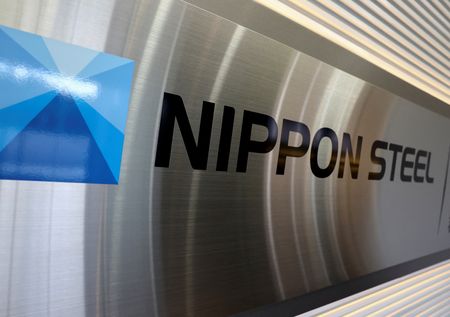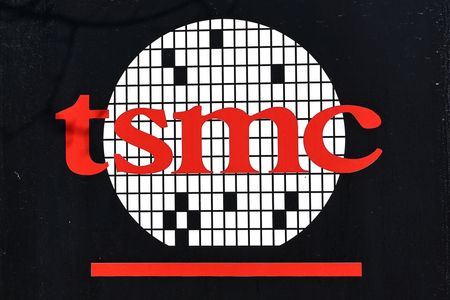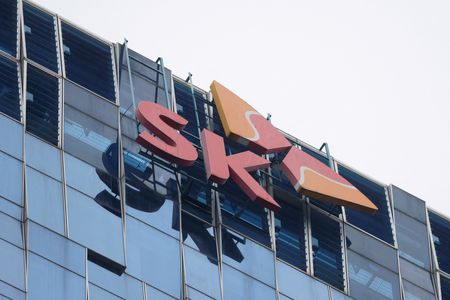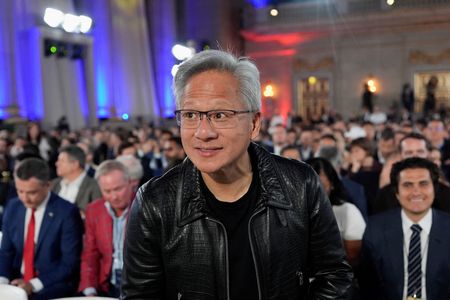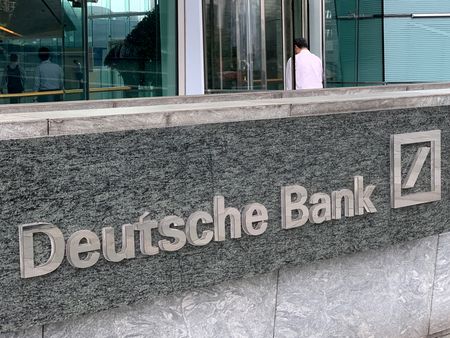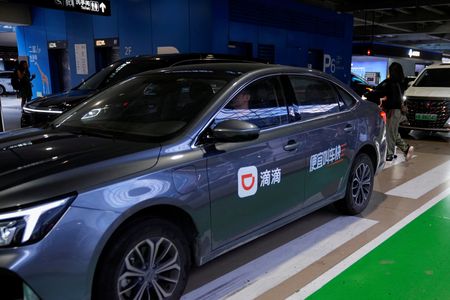By Yuka Obayashi, Katya Golubkova and Ritsuko Shimizu
TOKYO (Reuters) -Japan’s Nippon Steel plans to increase profit at U.S. Steel through an $11 billion investment and the transfer of its operational techniques and advanced technologies to expand capacity and add more high-grade products, a senior executive said.
Nippon Steel’s $14.9-billion acquisition of U.S. Steel closed in June, ending an 18-month process that had been caught up in the shifting political landscape during the transition between the Biden and Trump administrations.
The investment, running through 2028, and transfer of expertise aim to lift U.S. Steel’s annual profit contribution to 250 billion yen ($1.70 billion) as early as fiscal 2028, up from an expected 150 billion yen in 2026 and 80 billion this year.
“Real effects from the investment will appear after 2028,” Nippon Steel Vice Chairman Takahiro Mori told Reuters on Thursday, adding that profitability could even grow beyond 250 billion yen.
There are plans for a new hot-rolling mill at U.S. Steel’s Mon Valley Works in Pennsylvania, the refurbishment of the No. 14 blast furnace at Gary Works in Indiana, and new electromagnetic steel sheet lines and other capacity expansions.
“We are looking to build a new mill from the greenfield,” Mori said, citing options like 3 million metric-ton electric arc furnaces, similar to the Big River 2 plant in Arkansas.
Mori, the lead negotiator on the deal and now Chairman of U.S. Steel, said the investment would raise U.S. Steel’s domestic crude steel capacity to around 20 million tons from 17 million.
The acquisition also lifts Nippon Steel’s global annual crude steel capacity to 86 million tons, edging closer to its longer-term 100 million-ton target.
A detailed investment plan will be announced later this year as part of Nippon Steel’s new medium-term business strategy.
Nippon Steel said in July it would raise 500 billion yen through a subordinated loan to partially repay a 2 trillion yen bridging loan that funded the deal.
Mori said the steelmaker also has flexibility with hybrid financing and may consider convertible and corporate bonds.
“We’ll assess the optimal timing, interest rates, and whether yen or dollar denominations are preferable to pursue the best financing strategy,” he said, adding that equity financing was possible, but only within limits to avoid shareholder dilution.
U.S. Steel would fund the $11 billion investment initially, with Nippon Steel stepping in if resources prove insufficient, Mori said.
He said that U.S. Steel is assessing the impact of an August explosion at its Clairton plant in Pennsylvania, which could lower, although not significantly, the expected 80 billion yen profit contribution to Nippon Steel for the current year.
($1 = 147.3300 yen)
(Reporting by Yuka Obayashi, Katya Golubkova and Ritsuko Shimizu; Editing by Kirsten Donovan)

